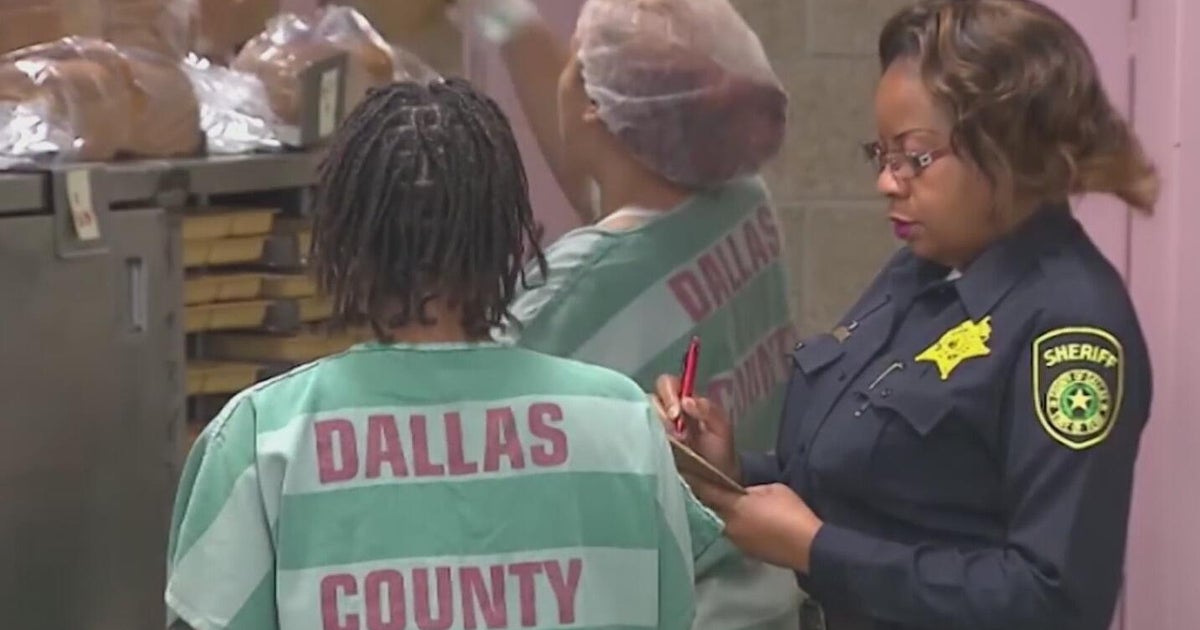More than 450 Oklahoma inmates released in largest single-day commutation in U.S. history
More than 450 inmates in Oklahoma were released Monday, a representative from the Oklahoma Governor Kevin Stitt's office told CBS News, marking the largest single-day commutation in U.S. history. Video and photos from outside the state's prisons show former inmates tearfully reuniting with their loved ones upon release.
Patrina Hunt, who served almost half of a 10-year sentence for drug possession and theft, was among one of those inmates. The 22-year-old cried in her daughter's arms after her release.
"I'm very blessed to let this happen and for this to happen for me and my family, and I'm just so glad to see my family," Hunt told CBS News' Omar Villafranca.
The commutations came after a 2019 law made it easier to review the sentences of inmates who were previously charged with crimes that would not be considered felonies if charged today, the governor's office said in a news release. That includes simple drug possession, which is now considered a misdemeanor, and some low-level property crimes.
The Oklahoma Pardon and Parole Board reviewed the cases of 814 inmates and recommended 527 to Governor Kevin Stitt. Because 65 of the approved inmates had retainers, 462 were released on Monday.
"This is a historical day for criminal justice reform in Oklahoma, as we send the largest single-day commutation of sentences in our nation's history to the governor's desk," Steven Bickley, executive director of the Pardon and Parole Board, said in the Friday release.
"With this vote, we are fulfilling the will of Oklahomans," he added. "However, from day one, the goal of this project has been more than just the release of low level, non-violent offenders, but the successful reentry of these individuals back into society."
The recommended inmates, on average, are 39.7 years old and have been incarcerated for three years. Overall, the board said it recommended commuting 1,931 sentenced years — an average sentence reduction of 1.34 years per inmate.
To prepare for the massive commutation, the DOC held transition fairs to help inmates find social services, according to the release. State officials also arranged to secure each inmate a state-issued identification card.
"We are so grateful to see this day come," Sue Ann Arnall, a board member of Oklahomans for Criminal Justice Reform, said in a Monday press release. "We've been working for several years to reduce the prison population and improve public safety. Now these men and women will return to their families, get their lives back together and contribute to the greater good."



